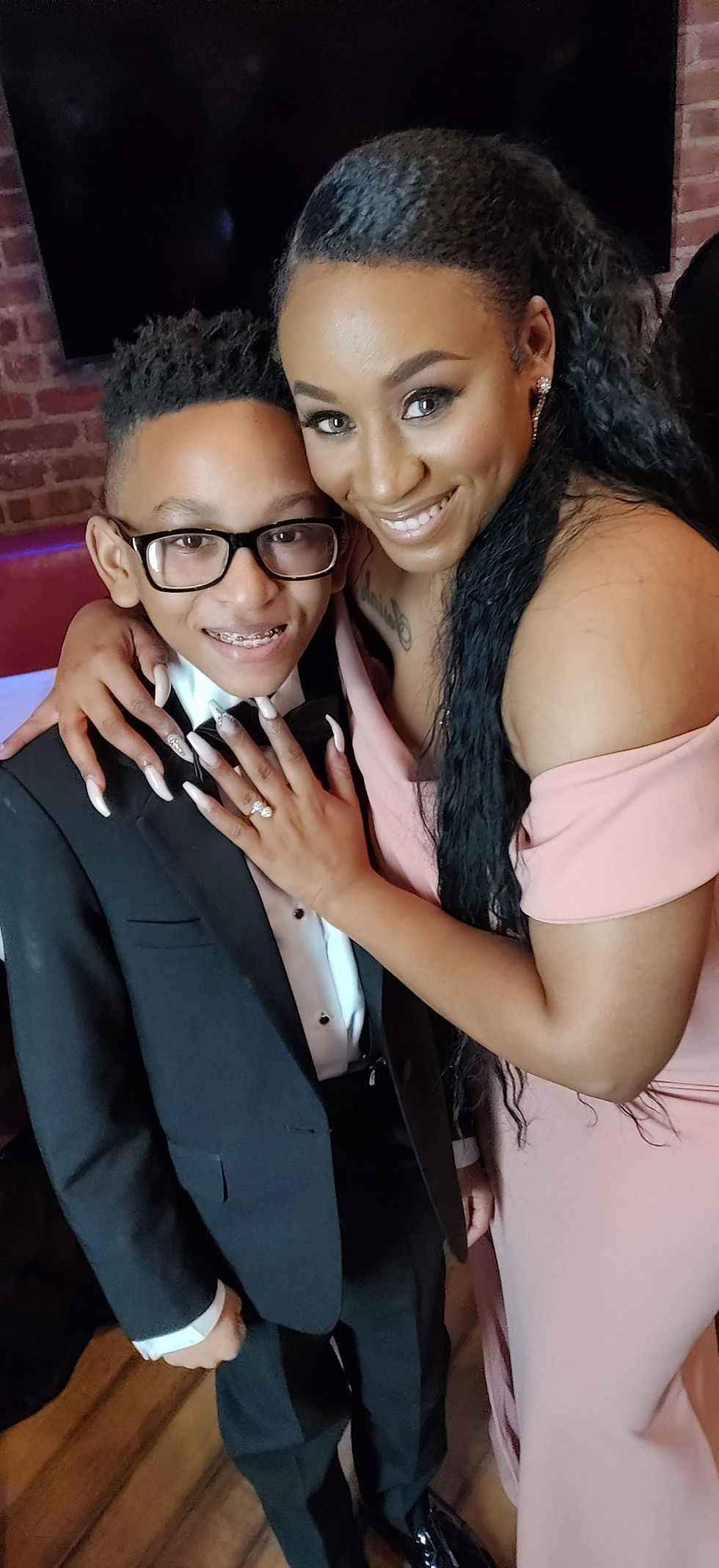The Unseen Rhythms of Relationships: A Personal Note
- Darrian Douglas
- Oct 11, 2023
- 2 min read
Updated: Nov 6, 2023
This is a different kind of post for me. While I usually delve into the world of music, fatherhood, and marriage, today I'm hitting pause on the tunes to talk about something equally as universal but far more personal: the patterns we see in relationships, especially between a man and his partner, and how those patterns reverberate through the family.
As I've journeyed through life, I've come to realize the importance of observing patterns, especially in relationships. One pattern that has become increasingly evident is the correlation between how a man treats his partner and how he interacts with the children born from that relationship. It's a pattern that's hard to ignore, and it's one that I've seen play out time and time again.
If a man respects, protects, and provides for his partner, these virtues often extend far beyond the romantic relationship. This is a man who understands the value of commitment and emotional investment. He's not just a partner; he's a co-parent, a role model, and a pillar of the family unit. When it comes to his children, he'll be present in ways that go beyond the superficial. He'll attend their school events, not just showing up but actively engaging, cheering them on from the sidelines or helping them rehearse for the school play. He'll listen to them when they're upset, offering not just a sympathetic ear but constructive advice and emotional support. In essence, he provides a stable home environment where everyone feels secure and loved.
But here's where the concept of love comes into play: love is not just a word; it's an action. And actions are the truest form of expression. When we're young and inexperienced, it's easy to be swayed by sweet words and grand promises. The phrase "I love you" can blind us to glaring red flags, leading us to believe that the person will grow and change, only to find out they're fundamentally incapable of growth.
On the flip side, if a man lies, cheats, hits, or disrespects his partner, those negative traits don't exist in a vacuum; they permeate the family structure. His children will grow up in an environment of instability and fear. They'll learn to walk on eggshells around him, internalizing his unpredictable behavior as something they should navigate rather than something he should fix.
This can manifest in various ways: perhaps they become withdrawn, anxious, or develop trust issues that can affect their own future relationships. They might even normalize this behavior, perpetuating a cycle of toxicity that can last generations.
In these situations, the children are not just passive observers; they're absorbing lessons on what relationships should look like, lessons that will inform their own romantic partnerships in the future. They'll either see a model of mutual respect and love to emulate or a cautionary tale that they must unlearn.
So, as you navigate the complex world of relationships, keep these patterns in mind. They're not just red flags; they're predictors of future behavior that could impact not just you, but the next generation as well. Take a step back and scrutinize not just what people say, but what they actually do. If you're considering a long-term commitment, especially one that involves raising children, this kind of behavioral awareness isn't just beneficial; it's essential.
Later,
Darrian




Comments